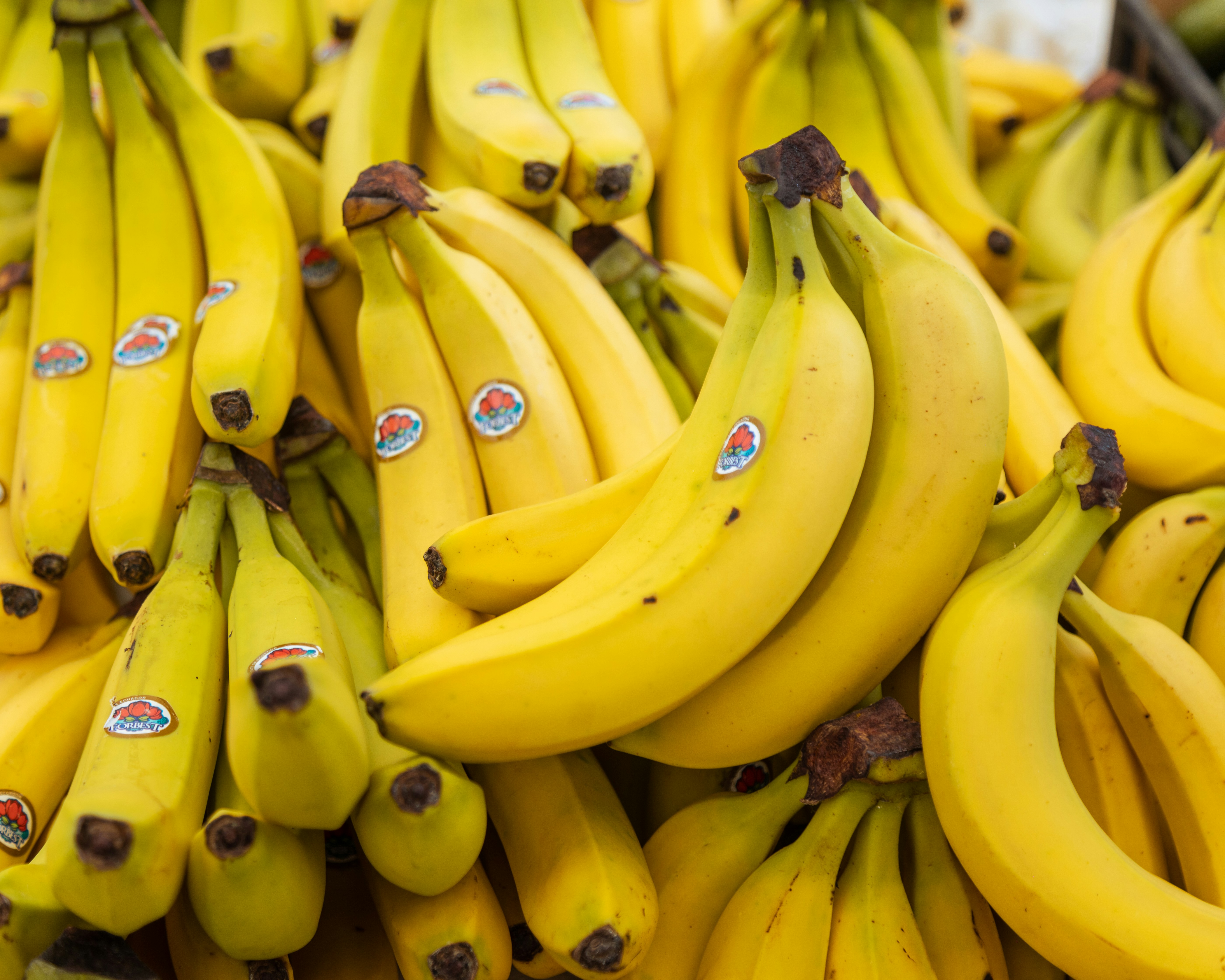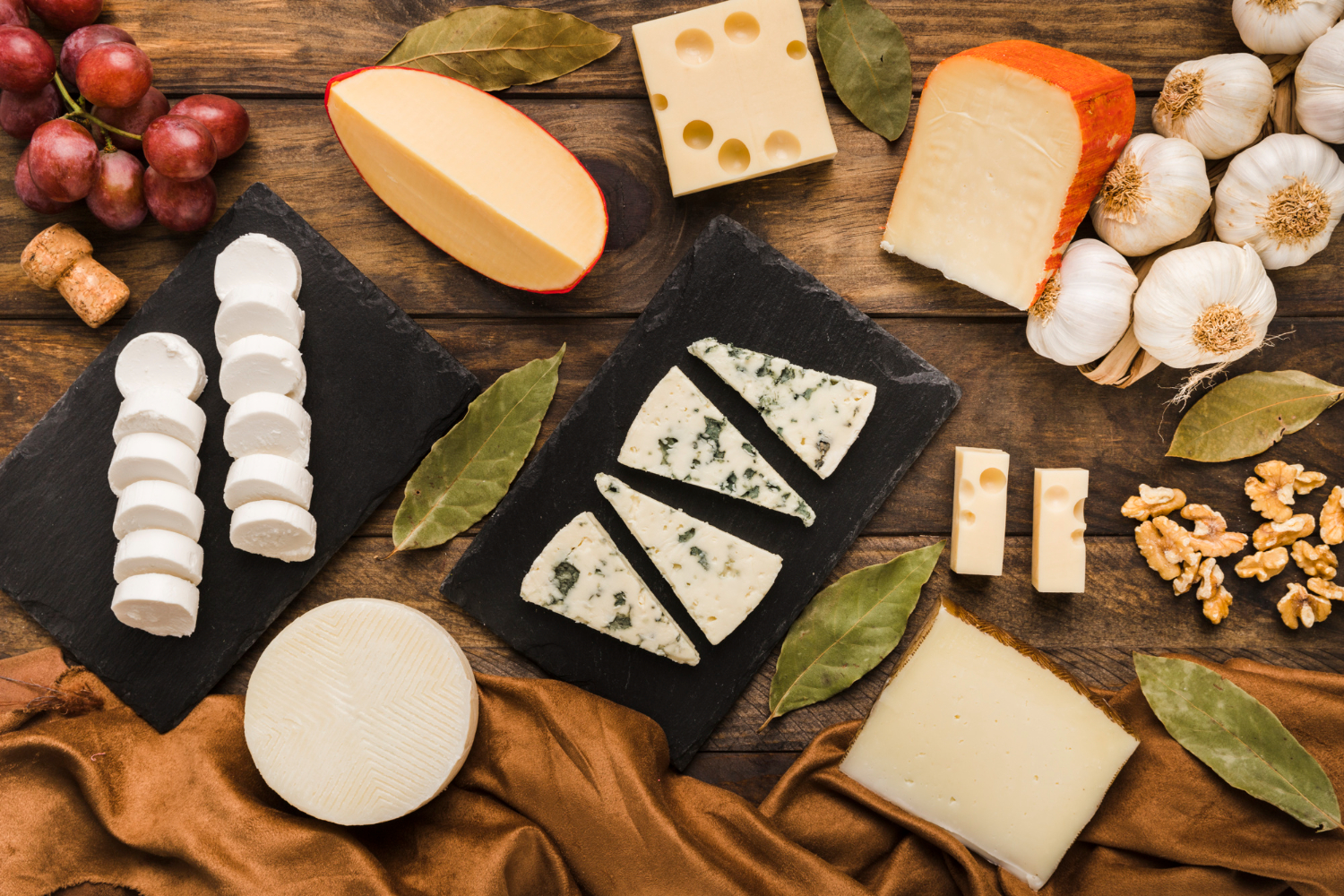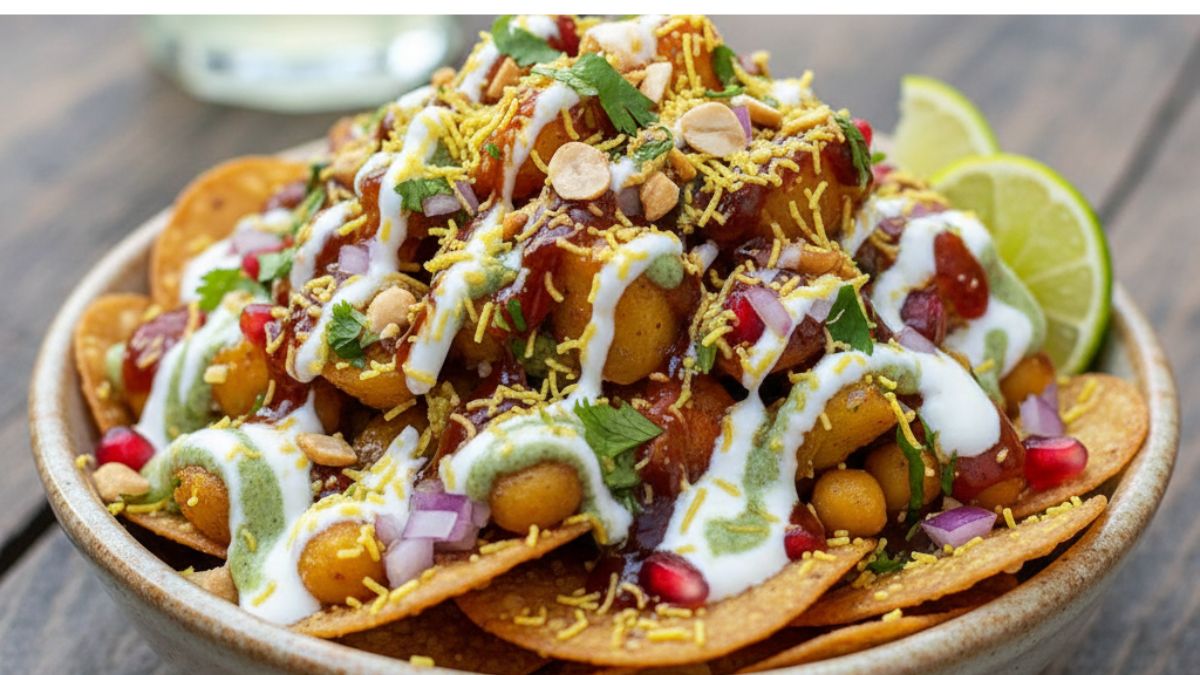COVID 19 or Coronavirus has kept us at home for the past few months, but with the announcement of Unlock 1.0, we are slowly going back to normal life, reclaiming our world. Stepping out means exposing ourselves more to the virus. The need of the hour is to keep up the immunity and stay protected to the best of our ability. So wearing a mask and social distancing is a must, but a healthy lifestyle will help us now more than ever to keep us protected.
Food is important for maintaining the integrity of our body. Certain foods have been associated with the ability to boost the immune system, but there is no one single food that does it all. Actually, research tells us that immunity is built up over a period of time, so daily intake of variety of nourishing, wholesome foods along with a healthy lifestyle is necessary to connect the dots.
Let's start with some simple steps to stay protected.
(Also Read: Immunity-Boosting Summer Foods You Must Include In Your Daily Diet)

Low immunity makes you vulnerable to illnesses.
Diet Tips For Immunity -
Nutrition Intervention:
Eat a healthy balanced meal daily. A healthy meal plan is one that includes whole grains and millets, which in addition to energy-filled and healthy carbs, add fiber and phytonutrients, both of which help keep our body healthy. Lots of fresh whole fruits and vegetables are rich sources of important vitamins and loaded with antioxidants and anti-inflammatory compounds that keep our body de-stressed. Consume adequate milk, yogurt, and other milk products for calcium, Vitamin D (fortified milk), and quality proteins, which is the building block for our cells.
Healthy fats from vegetables oils are also helpful, so are healthy protein packages like lean meats, chicken, eggs, fish and plant proteins like beans, legumes, nuts and seeds. Plant proteins also add fiber and phytonutrients to boost the immune system
Emphasise on these nutrients: Certain vitamins and minerals are associated with a more robust immune system. Vitamins A, C, E, D and B6 are helpful in maintaining a healthy immune system. Minerals that work positively for our immune system include zinc, copper and selenium.
Prebiotic and probiotic foods, which encourage the growth of healthy gut bacteria, are also important. They include non-digestible carbohydrates that become food for healthy gut bacteria. Whole foods like grains, legumes, vegetables and fruits are good sources. Probiotics are live bacteria that are beneficial for gut health. Fermented foods like yogurt, kimchi, idli, dosa, are all good sources of probiotics. Both Pre and Probiotics have a positive effect on enhancing the immunity quotient of our body.
Spices also play a major role in protecting our body as they have shown to have potent anti-inflammatory and anti-microbial properties. Traditional medicine has established the role of spices like turmeric, and herbs like Ashwagandha roots, in enhancing our ability to fight infections and inflammatory processes.
(Also Read: Top 7 Zinc-Rich Foods For Immunity You Can Include In Your Summer Diet)
| Nutrient | Food Source | Action |
|---|---|---|
| Vitamin A & Beta Carotene | Green leafy vegetables, Papaya, Mango, All Orange and Yellow Fruits and Vegetables, Animal Proteins | Increases killer T cells, the first antibody response. |
| Vitamin C | Citrus fruits, Papaya, Mango, Grapes, Amla, Red Bell Peppers | Phagocytes and T cells of the immune system need Vitamin C to function. |
| Vitamin E | Green Leafy Vegetables, Fish, Nuts and Seeds | Enhances immune response by supporting various immune system mechanisms. |
| Zinc | Animal Meat, Legumes and Millets, Nuts and seeds | Zinc is crucial for the development & functions of cells involved in the immune system |
| Selenium | Walnut, Organ Meats, Sea Food | Se regulates oxidative stress in nearly all tissues and cells of our body including those of the immune system. |
| Copper | Whole Grains, Beans, Nuts, Shell Fish, Dried Prunes | Copper is needed by the immune system to perform several functions. |
| Omega -3 Fats | Almonds, Walnuts, Fenugreek Seeds, Flaxseeds, Mustard Oil and Fatty Fish. | Omega-3 fats activate cells from both the innate and adaptive immune systems, optimising immune responses. |
Other than food, habits that promote a healthy lifestyle also build up immunity, so...
De-Stress: Stress causes the immune system to work less efficiently, as the ability of the system to fight antigens reduces. Stress increases the release of Corticosteroid, the stress hormone, which is known to suppress the immune system. Also, when we are stressed, we may eat soul food, high sugar and fat foods or indulge in unhealthy binge-eating.
Coping with stress needs you to do simple things that make you happy. Talk to people who make you happy, revisit or start a hobby to keep your mind occupied. If you are working from home, then organise your day and be stress free. Take short breaks, eat at regular times - it helps calm the body's physiological system. Don't fret and worry, get correct information from the right source, so that you can understand your risk profile and take correct precautions.
Get Active: Set aside 30-45 minutes for good physical movement, you can do it at home. Include your family and make it a fun time.
Stay Hydrated: Drink lots of water; hydration keeps you feeling energetic and also helps with a good response to infections.
STAY SAFE, PRACTISE SOCIAL DISTANCING, WEAR A MASK .
Disclaimer: The opinions expressed within this article are the personal opinions of the author. NDTV is not responsible for the accuracy, completeness, suitability, or validity of any information on this article. All information is provided on an as-is basis. The information, facts or opinions appearing in the article do not reflect the views of NDTV and NDTV does not assume any responsibility or liability for the same.
About Rupali DattaRupali Datta is a Clinical Nutritionist and has worked in leading corporate hospitals. She has created and lead teams of professionals to deliver clinical solutions for patients across all medical specialties including critical care. She is a member of the Indian Dietetic Association and Indian Association of Parenteral and Enteral Nutrition.












